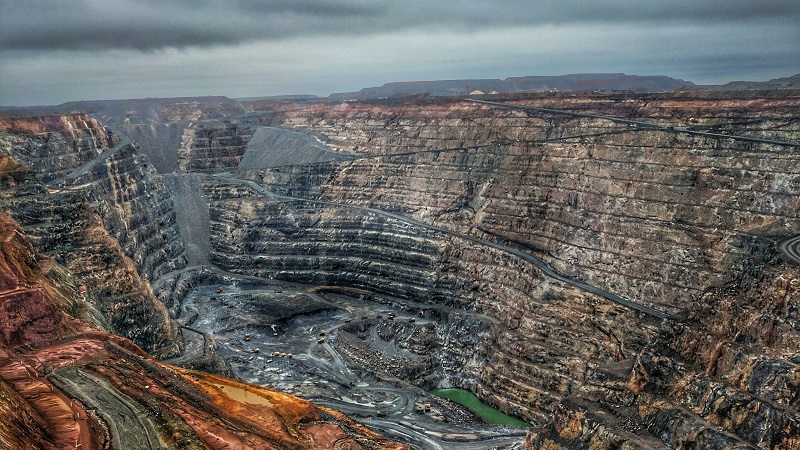Investment manager Abrdn abstained from approving Rio Tinto’s reports and accounts on Friday in light of a scathing report that exposed rampant sexual harassment, bullying and racism at the £100bn mining giant.
In 2021, Rio Tinto hired Australia-based consultancy firm Elizabeth Broderick & Co to carry out an independent review of its workplace culture.
What was published in February 2022 was an 85-page report prefaced by a trigger warning: “We wish to advise that this report contains personal stories of those who have experienced bullying, sexual harassment and racism.
“As a reader, you may experience a range of emotions, particularly if you have directly experienced or witnessed these types of harmful behaviours yourself. Please use your available support networks.”
The Broderick Report concluded that bullying at Rio Tinto is systemic, sexual harassment and everyday sexism occur at unacceptable rates and racism is common across a number of areas.
Scant mention was made of the report in the opening remarks made by outgoing chair Simon Thompson, who said the “finding in the report are deeply confronting, and we are determined to implement all 26 recommendations set out in the report”.
Chief executive Jakob Stausholm said the findings were “deeply disturbing to me and should be to everyone who reads the report”. He reiterated Thompson’s pledge to implement the recommendations.
Threat of further action
Abrdn stewardship director Andrew Mason said: “Abrdn has engaged with Rio Tinto’s executive and chair in relation to the areas arising from the Broderick report. We are supportive of the level of transparency taken by the company and its detailed action plan to address the matters.
“However, in light of the nature, severity and systemic impacts of the issues raised, we have decided to abstain from our vote to approve the company’s reports and accounts.
“If we do not see progress against the milestones set by the company, we will take further actions,” he added.
Failing to meet ESG targets
The Broderick report was not the only trigger for shareholders, with Sarasin & Partners announcing before the AGM that it intended to vote against two of the 22 resolutions and abstain on one.
It voted against approving Rio Tinto’s financial statements, in light of its “lack of disclosure on 1.5°C resilience”; and approving KPMG as auditor, on the grounds that it has failed to disclose emissions targets set by the mining giant.
While Sarasin & Partners welcomed increased disclosures “on how climate change and decarbonisation are considered”, it opted to abstain on the appointment of the audit committee chair.
Head of stewardship Natasha Landell-Mills said the latest audited accounts “provide a lens into the ongoing disconnect between promised action to align with a 1.5°C temperature pathway, considered vital to stabilise our planet, and the all-important accounting numbers driving real-world capital allocation at companies dependent on carbon-intensive activities”.
“Unless companies provide clarity as to how their assets and liabilities are likely to be impacted by global efforts to deliver a 1.5°C pathway, investors will be unable to allocate capital in a way that is consistent with this pathway. Moreover, management teams will continue to allocate capital as they always have. If we fail to shift capital away from carbon-intensive activities, and towards carbon neutral activities, we have little hope of containing devastating global warming.”
It isn’t the first time Rio Tinto has felt the wrath of its shareholders, having experienced an embarrassing rejection of its remuneration report last year by 60% of votes.
At the time, it was described as the most significant rebellion against a UK-listed company on pay.
As it is dual listed, between the UK and Australia, the results of the AGM will not be fully known until after an AGM takes place in Melbourne on Thursday 5 May.
See also: IPCC: New fossil fuel investments must be stranded for 1.5°C world










